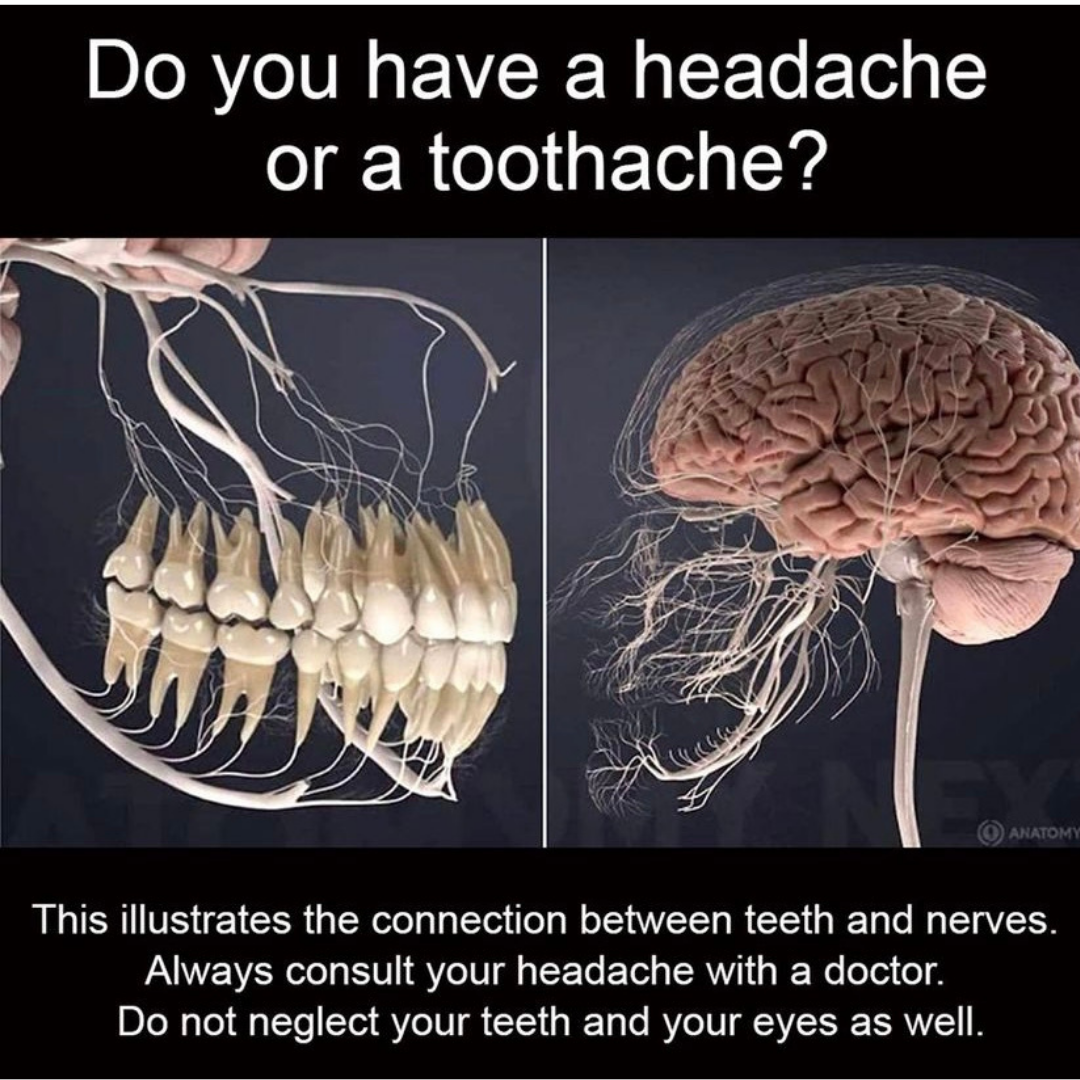What is the link between your brain and your teeth?
Written by Tomas Eichler, PhD student in Neurogenetics at Research Institute of Molecular Pathology (IMP). @neurogeneticist
Your brain is wired to monitor your teeth. We have drastically underestimated the importance of our teeth.
How do we know? Look at how the brain ranks the importance of teeth.
The mouth is hooked into an incredibly complex neural network directly to the brain.
Your teeth are bony imprints of the building blocks your body used to create its architecture. Minerals, nutrients, the immune system, and physical messages all combine to be your pearly whites.
Your teeth stay ALIVE, all through your life, constantly listening to the environment via a hyperconnected network. They sense heat, cold, pressure, but also, an inner immune system that can invoke a response to heal potential threats (think tooth decay).
Yes, your teeth have an inner ability to heal tooth decay. They contain special SWAT-like cells that evoke an immune response. They require you to eat enough of the fat-soluble vitamins for strong teeth and bones.
Your brain devotes a large proportion of its 12 cranial nerves to the other oral and nasal structures. Pictured here are only the MAIN ones, there are plenty more.
For example, the tongue. If you look at the brain homunculus, it innervates roughly 45% of the cortical space that your brain uses to monitor muscle.
That motor function directly controls your airways, tongue posture allows opening of the throat, sealing the mouth for nasal breathing, and pressing against the palate.
The palate has its own set of nerves that are heavily based in the parasympathetic autonomic nervous system. This helps to kick off digestive processes, and via the vagus nerve, communicates with your gut (the gut-brain connection). Research also shows bacteria communicate between the gut and brain via a specialized lymphatic system!
How does this relate to children?
In kids, if we harness the tongue-palate connection, they breathe through the nose, and develop a nice wide palate, for straight strong airways and smiles. Studies have linked oral breathing in children (mouth breathing) to speech development (Hitos et al. Jornal de Pediatria 2013). A recent study linked oral breathing to interference with the efficient performance of working memory (Jung and Kang Healthcare 2021).
The three principles of healthy teeth are based in:
- Food
- Breathing
- Sleep
When we correct these three, we place the body in its strongest position to be its healthiest. They align all of the systems through one simple frame starting in the mouth.
Do we underestimate teeth?
Related content:

